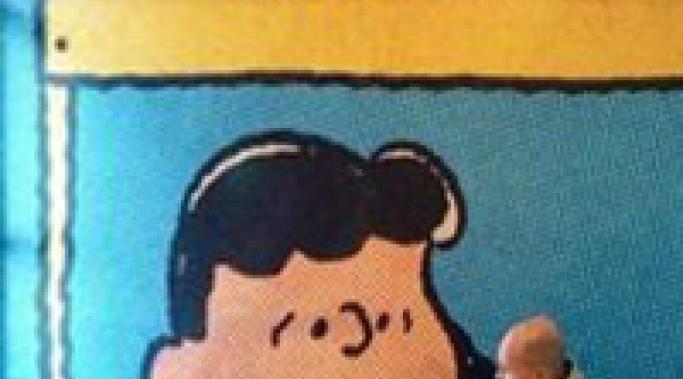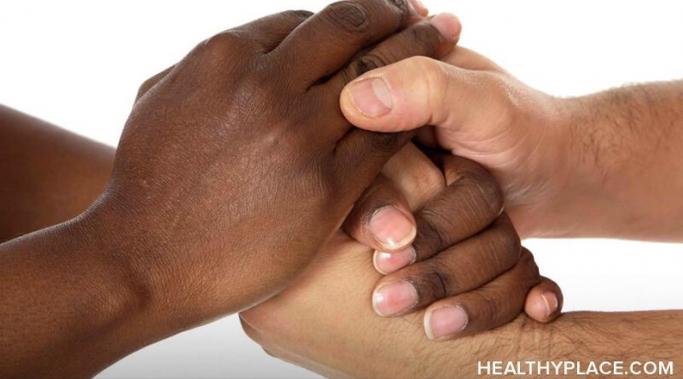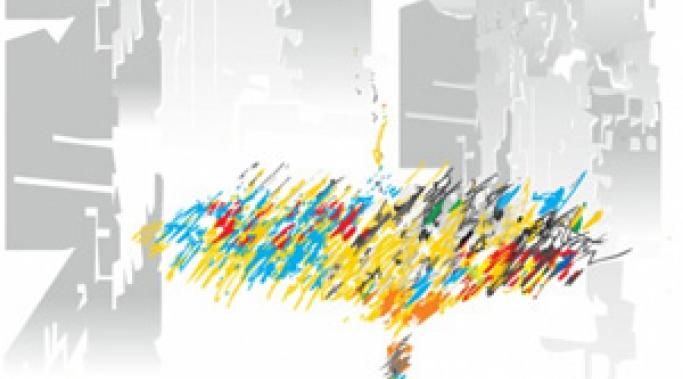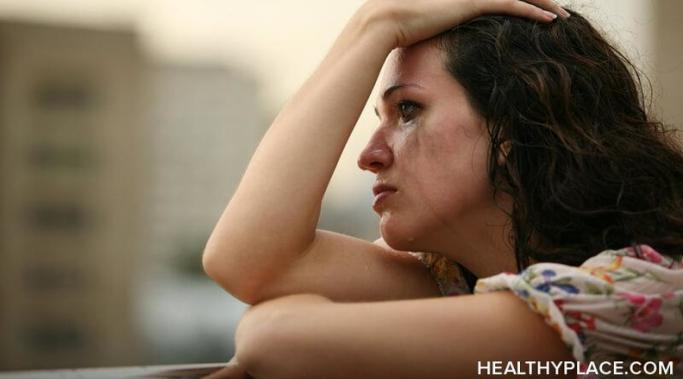When I discovered I was bipolar, I suddenly became scared of everything. Things that never crossed my mind started to shudder through my bones and produce endless waterfalls of tears. I was afraid of diagnosis. I was afraid of what it meant. I was afraid of psychiatrists. I was afraid of treatment. I was afraid of not getting treatment. I was afraid of what the treatment would do to me.
Mental illness means being afraid.
Breaking Bipolar
The area of diet and mental illness is a contentious one. I suspect that’s for several reasons:
1. Many alternative practitioners make their living telling people what to eat and they want to believe this will help.
2. Individuals want to believe the treatment is simple, drug-free and something they can control.
3. The placebo effect leads to dramatic anecdotes.
Here's what we know about diet and bipolar disorder.
It's tempting to think that because we read a list of symptoms for a mental illness, we can diagnose ourselves. We might think that taking a self-test online indicates the presence of an illness, or lack thereof. These things, however, are simply not the case.
I talk to many people who want to help a person with a mental illness. Often the people they want to help are loved ones who have just been diagnosed with a mental illness and those who want to help feel powerless.
The “helpers” have a hard job, but let me just say, we love you for it.
Every medical treatment comes with risk. If you have a headache, you could take ibuprofen or you could have a craniotomy looking for brain cancer. One has considerably more risk than the other. (Of course, if you have brain cancer, then the reward could be quite great.)
This means every time you undertake a bipolar treatment knowingly, or not, you weigh the risks vs. rewards in your head. And one of your doctor’s main jobs is to manage that risk vs. reward scenario. Doctors, for example, almost never prescribe barbiturates anymore due to the fairly large risk of addiction. Instead, they prescribe benzodiazepines (or nonbenzodiazepines; very similar) which do not carry such an increased risk. In both cases, they carry the reward of managing anxiety.
But some people don’t want to take benzodiazepines either, because some people tolerate more risk than others.
I was recently having lunch with a woman who has a series of medical issues, including pain management. One of the medications she is on is oxycodone. She said she would like to get off of the oxycodone but when she has tried, the pain has been unbearable and no other pain medication would touch her pain. So I asked her, "if this medication is working for you and other medications don’t work, then why are you trying to get off of it?"
She said it was because of the stigma attached to that medication.
So I told her something important – you can’t let stigma make your treatment decisions.
There is a common refrain that if you looked in the DSM, everyone would have some mental disorder. And in point of fact, many symptoms are fairly generic and can be attributed to many. Fatigue, insomnia, thoughts of death, loss of pleasure and weight loss are part of the depression diagnosis.
But the part no one seems to remember is what’s under that,
The symptoms cause clinically significant distress or impairment in social, occupational, or other important areas of functioning.
Some people believe that being crazy makes you creative (perhaps brilliant) and being creative makes you crazy. Similarly, along this line of logic is that taking medication makes you uncreative and perhaps, un-brilliant.
Well, pish-tosh I say.
Last week I waded into Charlie Sheen territory. It was, perhaps, a touch more eel-infested than I had anticipated but life is surprising like that. Yes, I said Sheen is going through a manic episode as part of a mental illness. (And no, I still haven’t become a doctor.) Let’s say for the moment, I’m right.
Since I made my case for compassion for Sheen and mental illness, over scorn and ridicule, people have made the case back that it’s the media’s fault Sheen’s behavior is this out of control.
I don’t think so.
I know this seems like an odd question, but I was considering it this morning (in my shower). It is a common problem for people with a mental illness. I have a tendency to avoid showering (really) and I know of others with a mental illness have gone weeks without showering.
So, if all we’re talking about is standing in some warm water, why don’t we want to shower?



